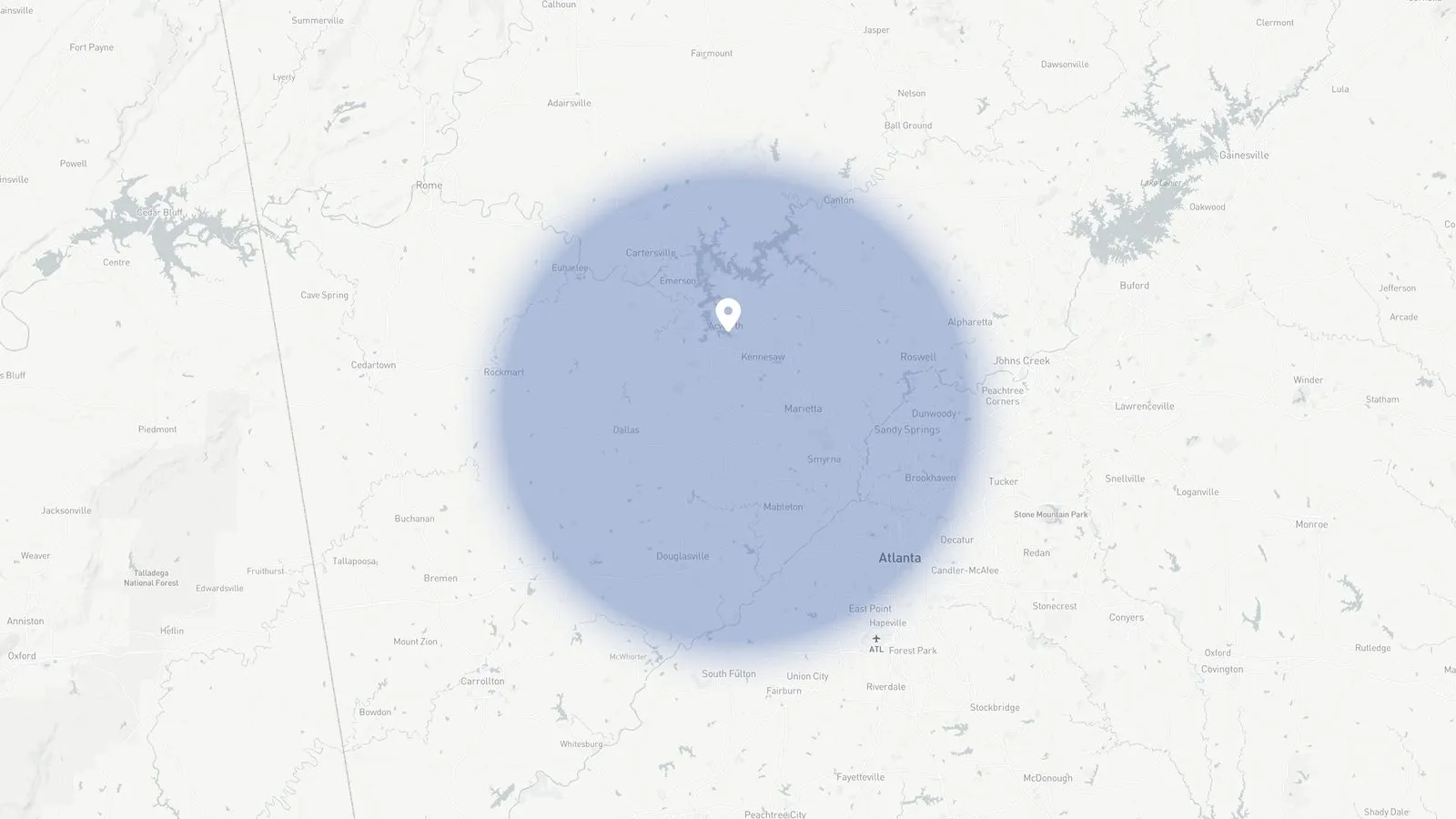
One of the common misconceptions around air conditioners is that ice is a regular part of the cooling process. It makes sense, right? Air conditioners chill the air, so if it's cold enough, ice will form, right?
It's easy to imagine why homeowners who are unfamiliar with how an air conditioner works may think this, so we don't blame people for believing this myth!
However, this belief could do your air conditioner harm. Ice on the air conditioner is actually a pretty serious problem and can lead to a number of other problems for the air conditioner.
Common Causes for Frozen AC Coils
There are actually a number of reasons this problem might occur. The most common is lack of proper airflow. But how does that happen?
Probably from a dirty air filter! Your HVAC air filters are in place to protect the systems themselves from dust, dirt, and other debris that can get inside and damage the components. This helps your air conditioner work as effectively and efficiently as possible for as long as possible.
Homeowners need to change these air filters every 1-3 months, depending on the type of filter and the level of contaminants in the home. Otherwise, they'll get clogged up and restrict airflow going into the system, and therefore restrict airflow going over the coils. When that happens, temperatures drop so low that the coil freezes over.
Another potential and common cause is a refrigerant leak. Your air conditioner is supplied with enough refrigerant upon manufacturing to last the system's entire lifespan. If your system loses refrigerant, it means there is a leak that needs to be repaired. It also means, again, that temperatures will drop too low in the coils and they will freeze.
Are Your Coils Frozen?
How can you tell if you have frozen coils? First off, if you actually see ice anywhere on your air conditioner, unless it's the dead of winter and snowing outside (which isn't going to happen around here!) it means there is ice somewhere it shouldn't be. Two other big signs to watch for are:
- Your air conditioner is running but not emitting cold air.
- You see extra moisture and condensation around the AC system, indicating the ice has begun to thaw and drip.
What You Should Do If Your Coils Are Frozen
First, there's what you shouldn't do. You should never try to remove or thaw ice on your own. Not only will this not address the root cause of why the ice formed to begin with, but you can permanently damage your air conditioner's coils, and can even cause it to crack.
When ice thaws, it creates pressure, which can in turn create damage to the coils. You need a professional to carefully remove the ice, and then fix whatever was causing the ice development to begin with. So what you should do is give our pros a call!
For professional AC repairs in Kennesaw, GA, look no further than Dayco Systems. Contact us today!

